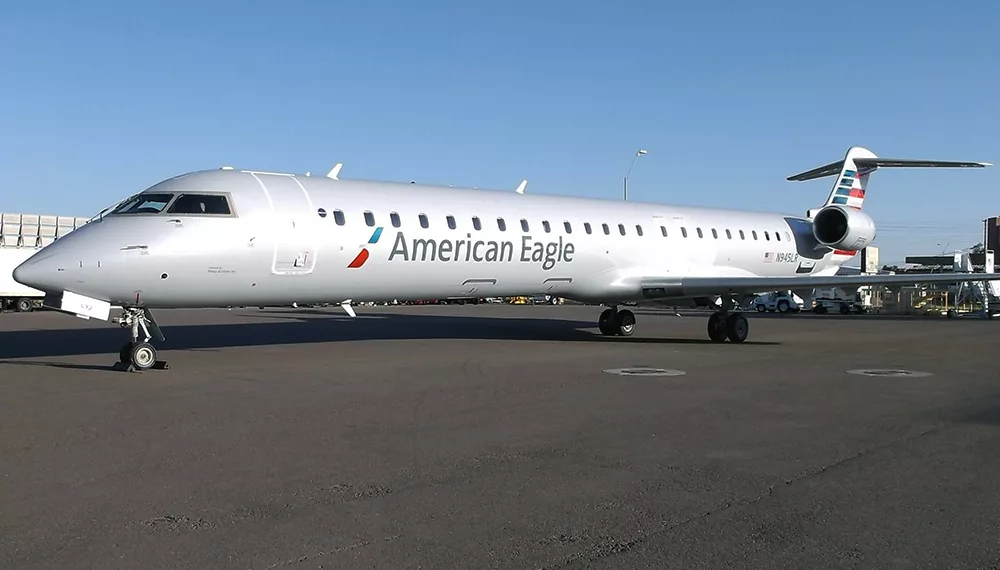airline airline news Aviation news Business News Cargo News Consumer News Coronavirus Covid-19 Economic News Economy News Finance News Global Politics News stock stock news stock,airline transport Transportation Transportation News travel Travel news
Mesa Air Group Reports Fourth Quarter, Full-Year 2020 Profit
Mesa Air Group, Inc. (NASDAQ: MESA) today reported fourth quarter and full-year fiscal 2020 financial and operating results. Mesa’s Q4 2020 results reflect net income of $11.4 million, or $0.32 per diluted share, compared to net income of $12.2 million, or $0.35 per…
